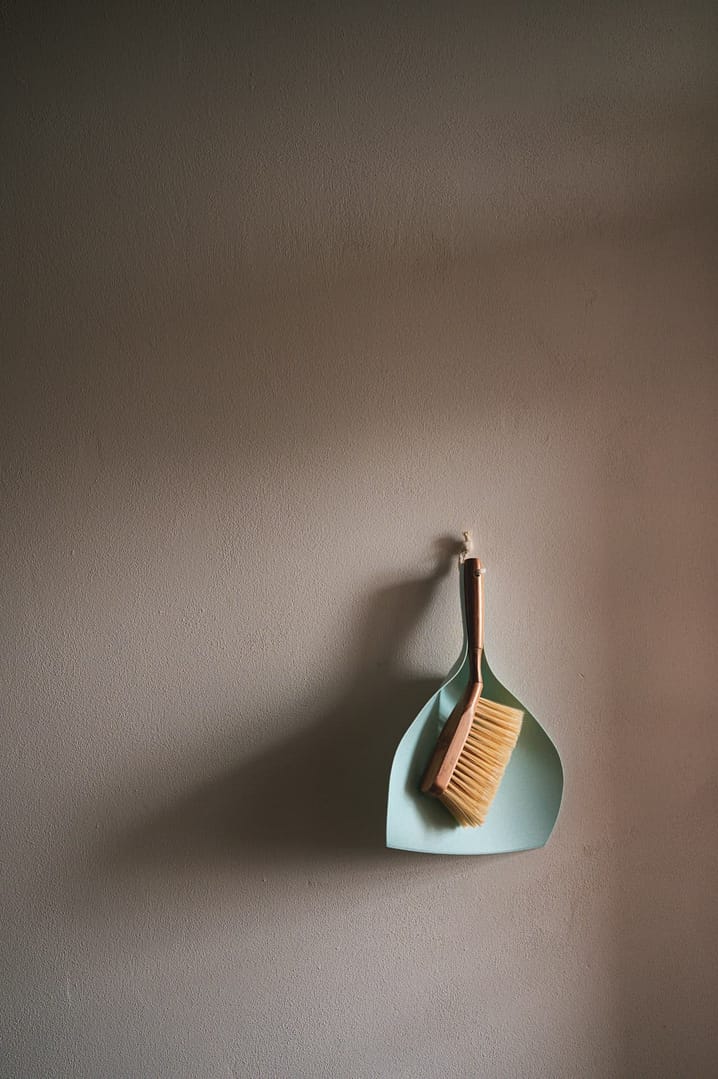Needs and necessities were constructed constants to aid us in our existence. Basic food, water, clothes and shelter made the list aeons ago. With the passage of time, needs obviously changed and evolved into commodities that pretty much became indispensable for our lives. It’s interesting to observe how the ‘necessity’ categorization evolved further in a pandemic world.
Necessity is affected by various factors : to name a few there is wealth, social strata and geography. What a person considers as his necessity may not necessarily be for another. For my perspective of explaining necessities, let’s stick to the middle zone where the high and low income groups are taken out. This is in fact the zone that sees varying adoption and shift in defining ‘necessities.’ What everyone strives for is happiness and comfort. While happiness is a topic that can be covered in great volumes (for another time), comfort becomes a uniform necessity. Comfort is all about making one’s life simple. It can be through any form of help: man or machine. Help in daily activities such as washing, cleaning and cooking is what we need. To assist with that and to make our lives simple, we hired house helps and maids. They became life-saviours and the mammoth household chores got tamed with ease. They became a priority element in families, a regular visitor who acted like spokes of a wheel. An unplanned day without them was an incomplete day. Then came the pandemic…
With lockdown and social distancing norms, we fear to entertain this daily visitor. The help that was deemed to be a necessity is no longer a priority. Our love for these maids got substituted with greater love for our health. With the rising fear of bringing infection by outsiders, the majority of people have opted to do their household chores by themselves. Apart from houses that cannot absolutely function without maids or helpers, the rest have decided to not avail their help. A necessity has now become an option and people have adapted to new necessities that can potentially replace them forever. Like a typical example of how machines replace manpower, machines that can replace house-helps is seeing a rise in demand.
Post the initial nation-wide lockdown and with the rising number of infected cases, people have retorted to machines that can ease their workload (not the office load). Sales have risen for washing machines and dishwashers in this time. While washing machines have always been around, dishwashers are gaining a new momentum in India. Since most of our food preparations involve the use of multiple utensils (and with additional experimental cooking during this covid period); a dishwasher is welcoming. A machine that washes dishes, which was believed to have limitations when compared to a person manually washing them, is the latest necessity at homes. Few companies have witnessed rising sales for dishwashers (as high as 400 to 500%). People are also looking at buying robotic vacuum cleaners – the ‘roomba’ ones that we hear about in American houses. If this trend continues, all sorts of cleaning equipment are going to be the new necessity in homes that consider house-helps as a necessity.
While this doesn’t seem like big news in the West, the increased adoption here is surprising considering a large segment of blue collar workers. With all the changes that has come forward with the pandemic, a shift in necessities was not reckoned for. Makes me ponder : as part of evolving necessity, a caveman would have probably wished for a sturdier club with better grip to smash his prey; pretty sure, a machine to clean his wooden vessels was not in his list!




Good thoughts keep it up 👍
Thank you 😊😊